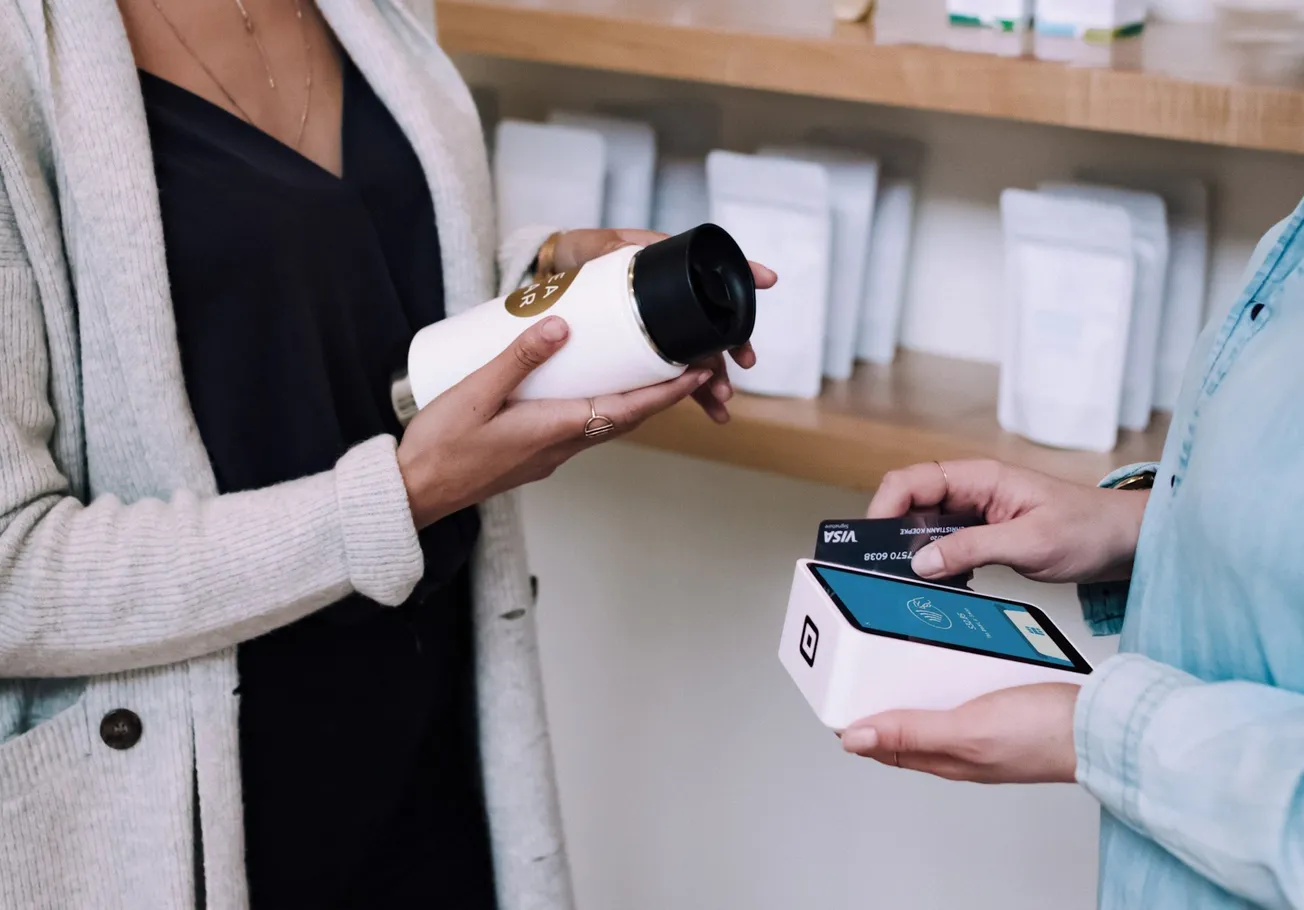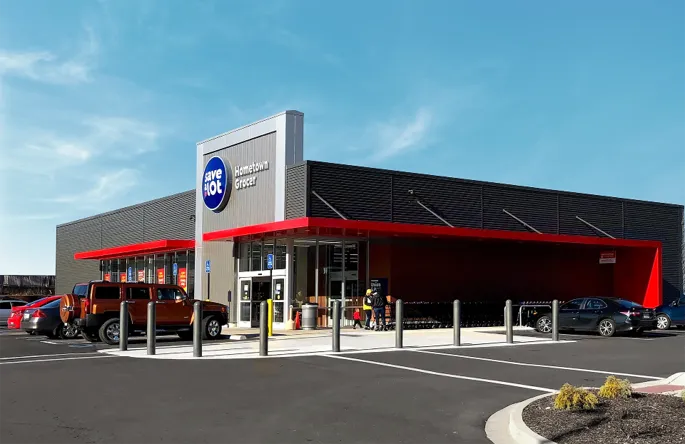The drive to achieve meaningful PBM reform at the federal level advanced recently when four senators introduced the Protecting Pharmacies in Medicaid Act, which would eliminate so-called spread pricing. The bill — sponsored by Democrats Peter Welch of Vermont and Mark Warner of Virginia, and Republicans Roger Marshall of Kansas and Bill Cassidy of Louisiana — was greeted enthusiastically by pharmacy advocates. Their hope for swift passage of the measure to at least partially address the existential threat faced by the industry should not, however, keep them from realizing the difficulty that remains.
Recent history shows that, even with broad bipartisan support in both houses of Congress, reining in questionable practices on the part of pharmacy benefits managers can quickly run aground. Last December, PBM reform provisions were included in a continuing resolution to keep the government funded until President Trump’s closest advisor weighed in. Within days of Elon Musk voicing his opposition to PBM reform on X, the provisions were dropped.
“We had nearly 435 members on board with it — he sends one tweet, and all of a sudden, everyone backs off,” Rep. Alexandria Ocasio-Cortez (D., N.Y.) said during a subsequent committee meeting.
Despite years of intense effort, retail pharmacies still have work to do in terms of educating officials about PBMs, what the companies do and their impact on health care. “Every day that PBM reform is delayed is another day that Americans pay inflated drug prices, that care gets more remote for people and for communities, and that pharmacies are forced out of business,” said National Association of Chain Drug Stores president and CEO Steve Anderson.
That assertion is supported by hard facts. As a result of spread pricing, costs for the Medicaid program are artificially inflated and cause pharmacies to dispense some prescriptions at a loss, according to NACDS. That, in turn, has forced more than 5,800 pharmacies to close their doors since 2018; in 2023, some 3.7 of them were calling it quits every day.
The situation calls for urgent action, as substantial majorities in both parties apparently understand. The task at hand for the industry is to persuade the Trump administration — specifically the president and his top advisor — that PBM reform is required for a key component of health care to survive. It seems clear that, in the current political climate, PBM reform won’t happen without them.










